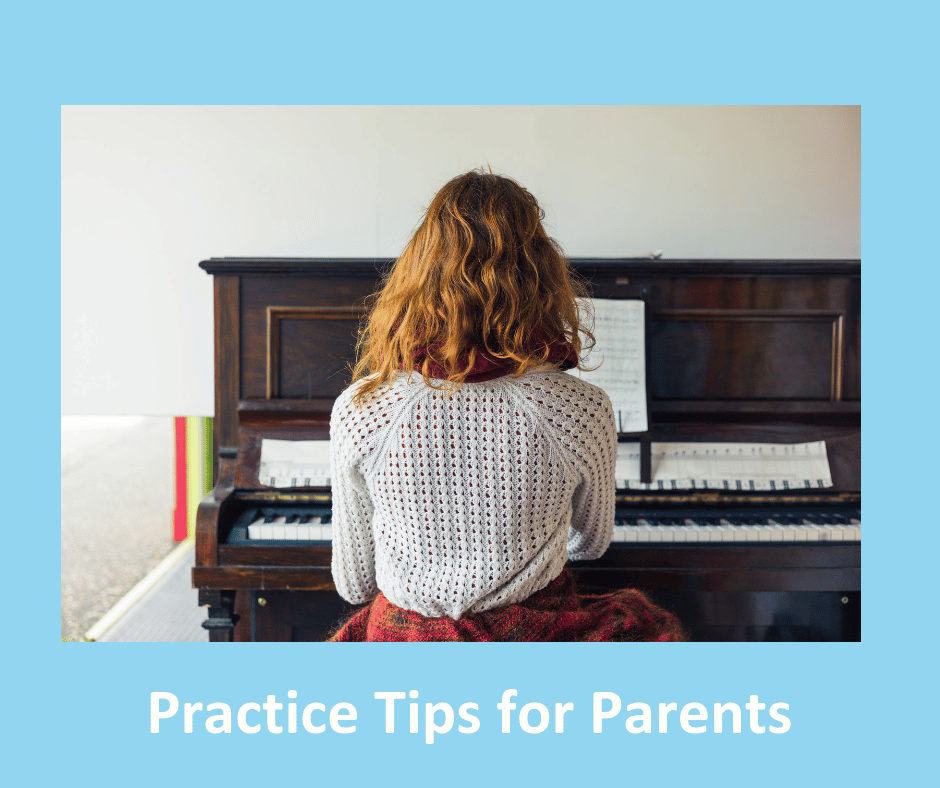by Laura Mason, piano and voice instructor and guest blogger for Kathy’s Music
Even the most consistent practice routines will sometimes be disrupted – someone gets sick, there are extra practices scheduled to prepare for the basketball tournament, it’s tech week for the school musical, or maybe one piece of music is particularly frustrating. This can be a great time to add a “twist” to practice as you re-enter your routine. These practice games can also be a great way to change things up once in a while. We have “Wacky Weekend Practice” once a month at my house, and I find it not only benefits our practice routine (both mine and my daughters’) but is a great family bonding time.
Room Jump
If you are able to practice in different rooms of the house, spend a little bit of the practice session in each room. You can divide up the time spent in each room by quantity (5 minutes) or tasks (Play through the C major scale.).
Fish Bowl
Write each practice task or goal on a slip of paper and place them in a fish bowl (or the like). Then draw tasks out of the fish bowl to practice. This can also be a great memorization game. Whenever your student memorizes a piece during the semester, place it in the fish bowl. End each practice session by drawing a piece to play from memory out of the bowl.
Musical Mystery
Do you have a fun trip planned for the weekend? Do you have something exciting to share? This can be a great time for a mystery practice session. As your child achieves goals or completes tasks during the practice session give them a hint about the interesting news you want to share. Once they have collected all the clues, have them guess what the mystery news is.
Collection Connection
Much like Musical Mystery, you collect items as you achieve goals and complete tasks. These could be pieces of a puzzle, stickers to add to scene, etc. By the end of the practice session you have all the objects needed to complete the “collection.” A bonus to this game is that you get a visual representation of how different elements of musical study and practice (i.e. technique, theory, memorization) meld together to make a complete musician.
Petite Performance
This is just a fancy name for a home performance. Performing for family and friends at home can be a great way to build confidence in the most comfortable environment imaginable. Have fun with your Petite Performances – invite grandparents one weekend, have your student be the musical guest at a tea party, perform for all the stuffed animals in the house – the possibilities are endless.
Mini Masterclass
You can play this “game” in a couple of ways. First, have your student explain to you why they are doing what they are doing as they practice. “I am replaying measure number 9, hands separate, to fix the rhythm.” Second, have your student give you advice and helpful techniques as you practice their assignment.
Maybe this list of practice twists will inspire even more variations. Looking for more ideas – ask your teacher for some instrument-specific activities.
I hope these practice twists provide your family with a time for musical growth and connection!

